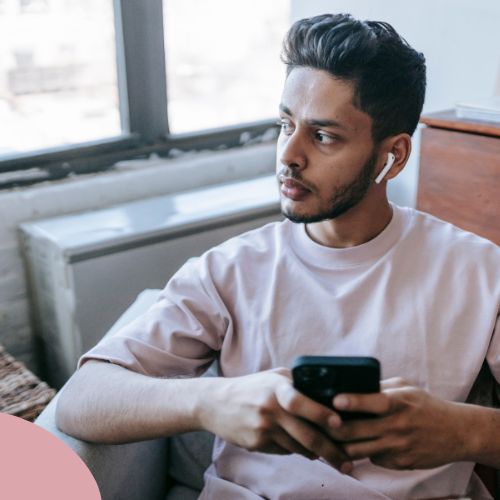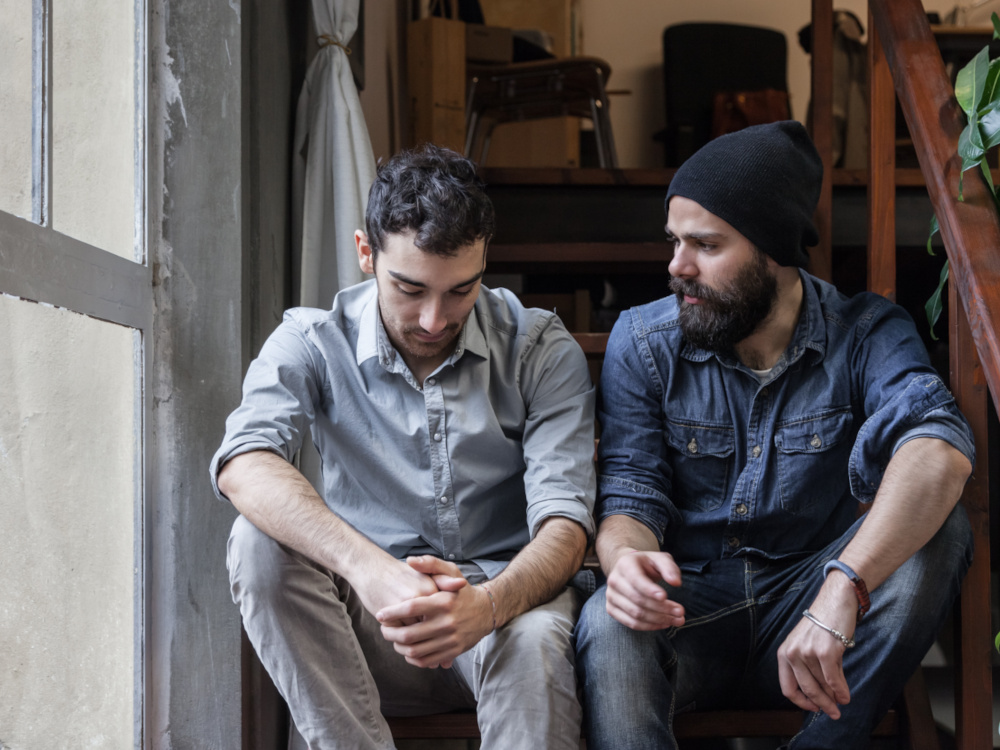Open Dialogue in Australia

Involving family and community to transform mental health care
Open Dialogue in Australia
Involving family and community to transform mental health care
About the Open Dialogue Centre
The Open Dialogue Centre is a unique purpose-driven organisation established with the support of philanthropy to enable the widespread adoption of Open Dialogue in Australia.
ODC’s aspiration is to create a community-based and evidence-informed approach to Open Dialogue that can be adapted to meet the needs of different communities.
We work in partnership with schools, mental health, youth and social services to create the systemic conditions for Open Dialogue to be transformative for individuals, families and the workforce.
About the Open Dialogue Centre
We support the growth of the Open Dialogue approach in Australia providing research, training, implementation support, engagement and education.
The Centre partners with schools, mental health, youth and social services to create supportive networks for people experiencing social and emotional stress or trauma.
We work closely with mental health professionals and teams so they can collaborate with family and community in a way that elevates agency and strengthens responsive care – complementing and enhancing existing practices.
Formed in 2021, the Centre is purpose-driven – led and primarily funded by philanthropy.
About the Open Dialogue Centre
Formed in 2021, the Open Dialogue Centre is a unique purpose-driven organisation,
led and funded by philanthropy.
We support the growth of the Open Dialogue approach in Australia through research, training and implementation support, engagement and raising awareness – with a focus on how Open Dialogue can be transformative and lead to long-term improvements.
The Centre partners with mental health, youth, social services and schools to create supportive networks for people experiencing mental health stress or trauma.
We work closely with mental health professionals and teams so they can collaborate with family and community in a way that elevates agency and responsive support across the mental health spectrum – from early identification to acute care.
What is Open Dialogue?
Open Dialogue is a way of listening, learning and shared-decision making.
It places relationships as foundational to prevention and recovery pathways through social network meetings.
When implemented with fidelity, the approach has the potential to transform any therapeutic or community setting and the experience of the individual and their family.
Open Dialogue creates the conditions for people to thrive
Learn more about the Open Dialogue Approach below.

What is Open Dialogue?
Open Dialogue is a way of listening, learning and shared-decision making.
It places relationships as foundational to prevention and recovery pathways through social network meetings.
When implemented with fidelity, the approach has the potential to transform any therapeutic or community setting and the experience of the individual and their family.
Open Dialogue creates the conditions for people to thrive

What is Open Dialogue?
Open Dialogue creates supportive networks for individuals in a way that involves family, friends, carers and mental health and wellbeing teams.
Through network meetings, individuals have easy and timely access to coordinated support in their community. The family, supporters and teams collaborate throughout the care pathway.
Since it emerged in Finland in the 1980s, interest in Open Dialogue has grown in Australia. It has been trialed internationally and shows great promise in improving long-term mental health outcomes.

Origins and Australian Context
Open Dialogue emerged in Finland in 1981.
The World Health organisation references Open Dialogue as a way to address the many issues that are inherent in a bio-medically based mental health system. The approach that aligns with the intentions of Australia’s National Mental Health and Suicide Prevention Plan. It is also featured in the Victorian Royal Commission into Mental Health recommendations.
Open Dialogue is an approach that supports:

With improved mental health throughout a person’s life as well as continuous and coordinated care from trained professionals and a supportive social network.

Enabling them to contribute and provide support in a way that is valued.

Reduced hospitalisations and cycles of admission. Better integration of health care and other service providers, and better connections with social and family networks.

Address burn-out, fear-based and restrictive practices that cause long-term distress or trauma to both carers and individuals.

Improved engagement in teaching and learning and support for the teacher workforce.

Deliver coordinated, compassionate, responsive and consistent care.

Reduce the cost to State and Federal Government Health budgets on mental health service delivery.

Why do we need Open Dialogue?
Mental ill-health impacts all of us.
At home, school, work and in our communities.
And yet Australia’s mental health system is not producing positive outcomes. The system is in crisis. The problems are complex and well documented.
On top of this our system struggles to engage family and social connections in people’s care pathways when they could play a really important role in prevention and recovery.
Open Dialogue has been identified by schools, communities and mental health and wellbeing professionals as a way to address many of the issues that are hard to shift in our mental health system.
The opportunity to change how we approach mental health care
Open Dialogue enables clinically-trained mental health professionals to collaborate with family, community and social workers to support an individual through Network Meetings.
Network Meetings are a crucial part of how Open Dialogue works. These meetings can also include trusted lived-experience peers, teachers and friends.
Open Dialogue facilitators undergo extensive training to support the network to unlock what is needed for safety and healing to occur. Facilitators learn how to enable the individual to have agency over their treatment pathway. The group commits to a discovery process, drawing from different perspectives and contributions.
Relationships with family and others are strengthened through Dialogue. People feel valued, included and capable of providing practical support. Their confidence and sense of compassion is elevated.
How we work in partnership with organisations
We collaborate and consult with organisations and teams to create bespoke professional support so that the adoption of Open Dialogue is supported by all levels of your oganisation – from executive teams and the workforce through to administrative processes.
Open Dialogue discovery process

If you are interested in exploring the potential of Open Dialogue for your school or service, we can offer a half or full day discovery workshop.
Co-design and implementation

We partner with organisations to co-design, embed and support the implementation of Open Dialogue.
Training and education in Open Dialogue

We offer a series of Open Dialogue training options tailored to the needs of organisations and community.
Building the evidence base

We support teams to evaluate and measure the impact of Open Dialogue for people and organisations.



Join the Open Dialogue network in Australia
Acknowledgement of Country
Open Dialogue Centre acknowledges Aboriginal and Torres Strait Islander peoples as the traditional custodians of the land and waters on which we live and work. We acknowledge their Ancestors who first walked on this land and pay our respects to Elders past, present and future, for they carry the cultural wisdom, the stories, the traditions and dreaming.
Acknowledgement of Lived Experience
We recognise and appreciate the unique and collective contributions of individuals with lived and living experiences of mental ill-health and suicide, as well as those who love, have loved, and provided care for them. Each person’s journey is distinct and represents a valuable contribution to Australia’s ongoing commitment to reforming mental health and suicide prevention systems.
Recognition of Lived Experience
We recognise and appreciate the unique and collective contributions of individuals with lived and living experiences of mental ill-health and suicide, as well as those who love, have loved, and provided care for them. Each person’s journey is distinct and represents a valuable contribution to Australia’s ongoing commitment to reforming mental health and suicide prevention systems.
We recognise and appreciate the unique and collective contributions of individuals with lived and living experiences of mental ill-health and suicide, as well as those who love, have loved, and provided care for them. Each person’s journey is distinct and represents a valuable contribution to Australia’s ongoing commitment to reforming mental health and suicide prevention systems.

